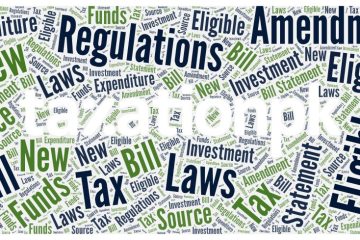Pakistan’s service sector, a significant contributor to the national economy, faces challenges in the taxation landscape. This article explores the current policies, highlighting the gap between the sector’s contribution to GDP and its share in tax revenue.
The Service Sector’s Economic Footprint:
- Dominant Force: The service sector is the backbone of Pakistan’s economy, accounting for over 60% of the Gross Domestic Product (GDP) as of 2023 (Federal Bureau of Statistics). Key contributors include finance, telecommunication, transportation, and real estate.
Taxation Discrepancy:
- Low Revenue Share: Despite its economic weight, the service sector contributes a disproportionately low share of total tax collection. As of 2017-18, the service sector contributed roughly 37% of tax revenue, while the manufacturing sector, at 13% of GDP, contributed 52% (Pakistan Economic Survey, 2017-18).
Reasons for the Discrepancy:
Several factors contribute to this discrepancy:
- Informal Economy: A large portion of the service sector operates in the informal economy, making it difficult to track income and enforce taxes.
- Complexities in Tax Administration: The current tax system might not be well-equipped to handle the diverse range of services offered, leading to complexities in registration and compliance for businesses.
- Limited Reach of Sales Tax: While a sales tax exists, its application within the service sector could be more comprehensive to capture a larger tax base.
Current Tax Rates:
- Corporate Tax: A flat rate of 29% applies to all companies, including those in the service sector.
- Sales Tax: The standard sales tax rate is 18%. However, certain services might be exempt or subject to a reduced rate.
Potential Solutions:
- Streamlining Tax Administration: Simplifying the tax registration and compliance process for service-based businesses can encourage formalization and improve tax collection.
- Expanding the Sales Tax Net: Broadening the application of sales tax across various services, with relevant exemptions and rates, can capture a larger tax base.
- Leveraging Technology: Utilizing technology for tax filing and record-keeping can improve efficiency and transparency.
Impact of a Robust Service Sector Taxation:
- Increased Revenue: Effectively taxing the service sector can generate significant additional revenue for the government, enabling investments in social development and infrastructure.
- Economic Growth: A formal and well-taxed service sector fosters a more robust and sustainable business environment.
- Reduced Reliance on Other Sectors: Diversifying tax revenue reduces dependence on a few sectors, making the economy less vulnerable to external shocks.
Conclusion:
Pakistan’s service sector holds immense potential for tax revenue generation. By addressing the current challenges and implementing reforms, the government can unlock this potential and ensure a more balanced and fair taxation system. This will ultimately lead to a more robust and sustainable economy for Pakistan.






